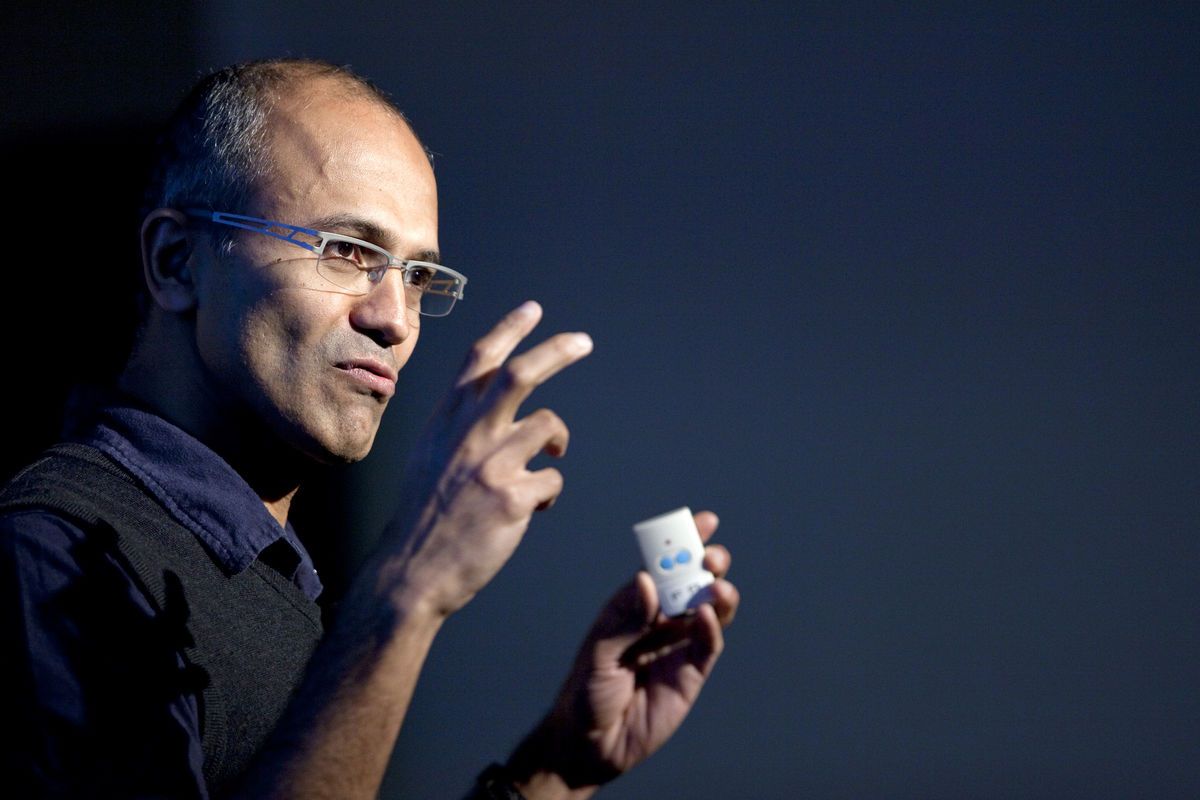Microsoft has split the Windows division in two, in a move that makes clear the priorities of the company led by Satya Nadella.
Revolution in Microsoft: Windows loses importance and the cloud and AI gain importance
That Microsoft is no longer Windows is something that has been evident for years. With the market fully controlled, Redmond’s customers prefer to use it as the basis for new products and services that will shape the company’s future.
Changes in Microsoft, AI, and the Cloud are the focus of attention
The changes announced today outline this philosophy. The most striking is the farewell of Terry Madson, who led the Windows and Devices division for the past five years. This division will cease to exist as such, and its members will be divided into new and existing sections.
The Experiences and Devices section will be in charge of the hardware and will be led by Panos Panay, with experience in Surface, Xbox, and Hololens.
Windows will have its division, now smaller and led by Joe Belfiore, but now it will also have to take care of all the software, including, for example, the development of the Edge browser.
The big novelty is a division of Cloud and Artificial Intelligence, whose importance is evident when led by Microsoft’s executive vice president, Scott Guthrie. This division will receive a transfer of computers and employees who are currently working on Windows or the Microsoft Research group.
This reorganization does not mean that Windows will not receive any significant updates, or that hardware development, such as Surface and Xbox, will not be abandoned. It’s just that they will become secondary to the real protagonists, the cloud and the development of Artificial Intelligence.
Microsoft has found its site offering cloud services, from OneDrive storage to Office 365 office automation; Windows may end up doing the same thing, with subscription services replacing the purchase of a complete system. Artificial Intelligence is another critical point for Microsoft, which could be said to come from the hand of cloud services.
